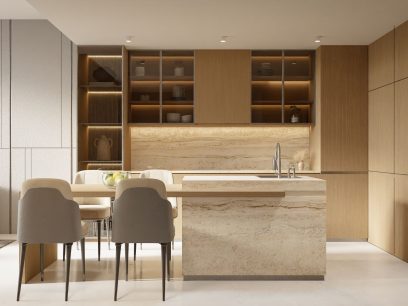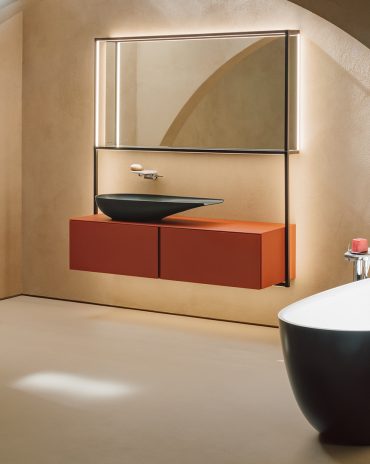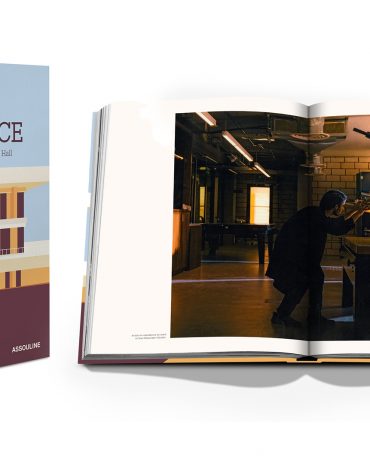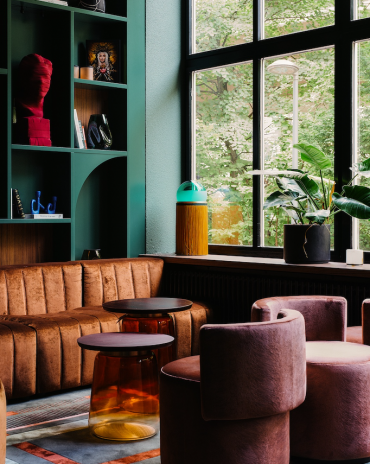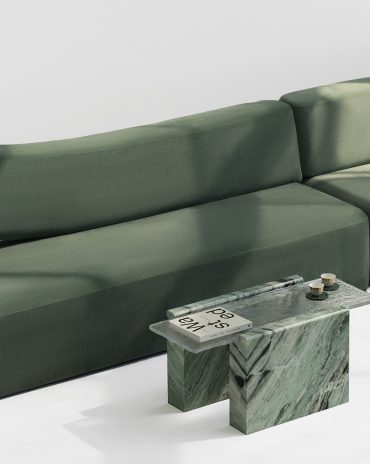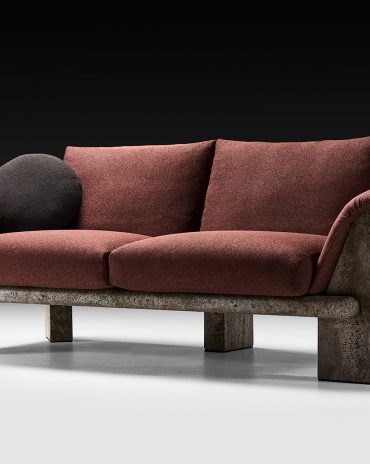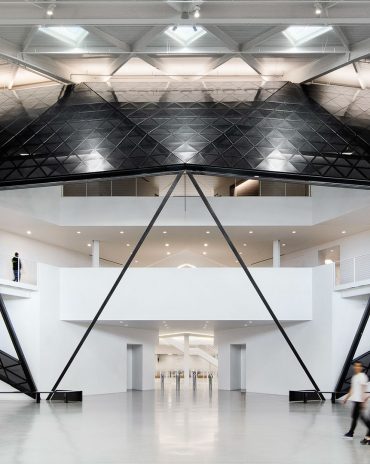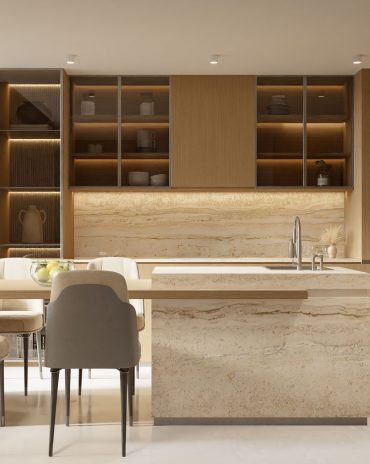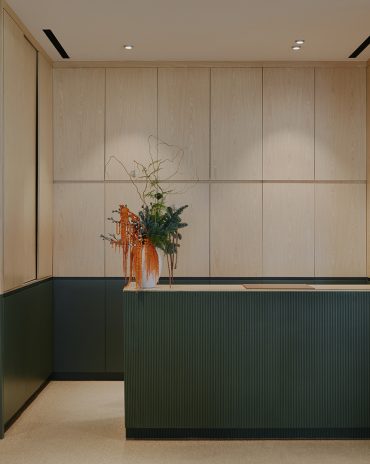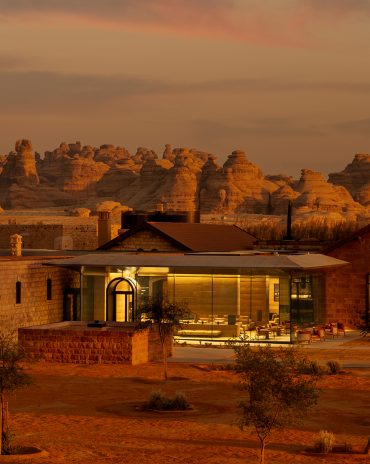Copyright © 2025 Motivate Media Group. All rights reserved.
The split-flap display: clear, quick and stylish
We take a nostalgic look at an icon that is enjoying a resurgence in popularity.
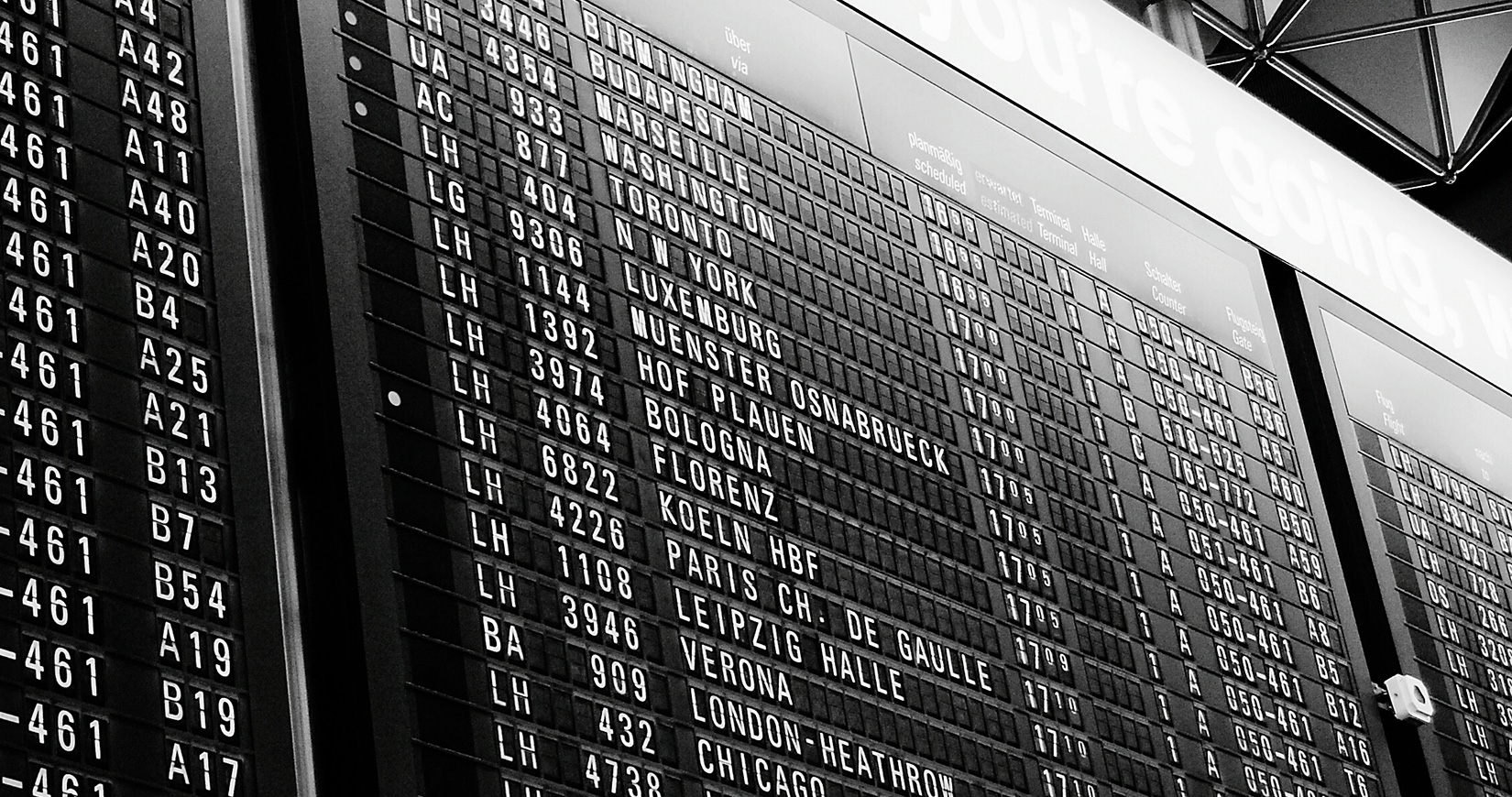
This piece was originally published in the April 2020 issue, which you can read for free here.
Icons are usually the result of intelligent design being used to meet a specific need. That’s certainly true of the split-flap display.
The display was invented shortly after World War II and put into production by the long-established Italian company Solari.
It originally comprised four flaps of ten digits – sufficient to show time information. When its design was evolved to incorporate 40 flaps, it could show words as well as numbers. This made it ideal for displaying constantly updated public transport information in airports and railway stations.
In 1956 Solari created the world’s first ‘information viewing system’ in Belgium’s Liegi train station. The system was then widely adopted around the world, and regularly referred to as the ‘Solari board’.
The system’s rapid mechanical movement and ‘click-clack’ sound epitomised the excitement – and sometimes frustration – of travel. The displays have also regularly played important roles in numerous films and TV shows, illustrating pivotal moments.
The design of the ‘Solari board’ was awarded the prestigious Compasso D’Oro award shortly before the first example was sold.
A resurgence in popularity
The split-flap display has largely been replaced by dot matrix and LED displays. However, a desire for more visceral experiences means it is enjoying a renaissance – in restaurants, hotels and museums.
Its legacy lives on even in some of its successors. The new LED replacements at Boston’s stations emit an electronically generated flapping noise to alert passengers to train boarding updates.
The split-flap display is representative of a golden age of travel. It has played an invaluable role in helping countless people keep appointments and reach their destinations.
The Latest
Textures That Transform
Aura Living’s AW24 collection showcases the elegance of contrast and harmony
Form Meets Function
Laufen prioritises design, functionality and sustainability in its latest collections
Preserving Culture, Inspiring Creativity
Discover the Legacy of a Saudi Art Space: Prince Faisal bin Fahd Arts Hall explores the Hall’s enduring influence on the cultural fabric of Saudi Arabia
Channelling the Dada Spirit
Free-spirited and creative, The Home Hotel in Zurich injects a sense of whimsy into a former paper factory
id Most Wanted- January 2025
Falaj Collection by Aljoud Lootah Design
Things to Covet in January
identity selects warm-toned furniture pieces and objets that align with Pantone’s colour of the year
Shaping the Future of Workspaces by MillerKnoll
Stacy Stewart, Regional Director Middle East & Africa of MillerKnoll discusses the future and evolution of design in workspaces with identity.
Shaping Urban Transformation
Gensler’s Design Forecast Report 2025 identifies the top global design trends that will impact the real estate and built environment this year
Unveiling Attainable Luxury
Kamdar Developments has launched 105 Residences, a new high-end development in Jumeirah Village Circle.
The Muse
Located in the heart of Jumeirah Garden City, formerly known as ‘New Satwa’, The Muse adds to the urban fabric of the area
Cultural Immersion Meets Refined Luxury
The Chedi Hegra opens its doors in AlUla’s UNESCO World Heritage Site
Redefining Coastal Luxury
Sunshine Bay on Al Marjan island combines seaside views, exceptional design, and world-class amenities to create a unique waterfront haven


